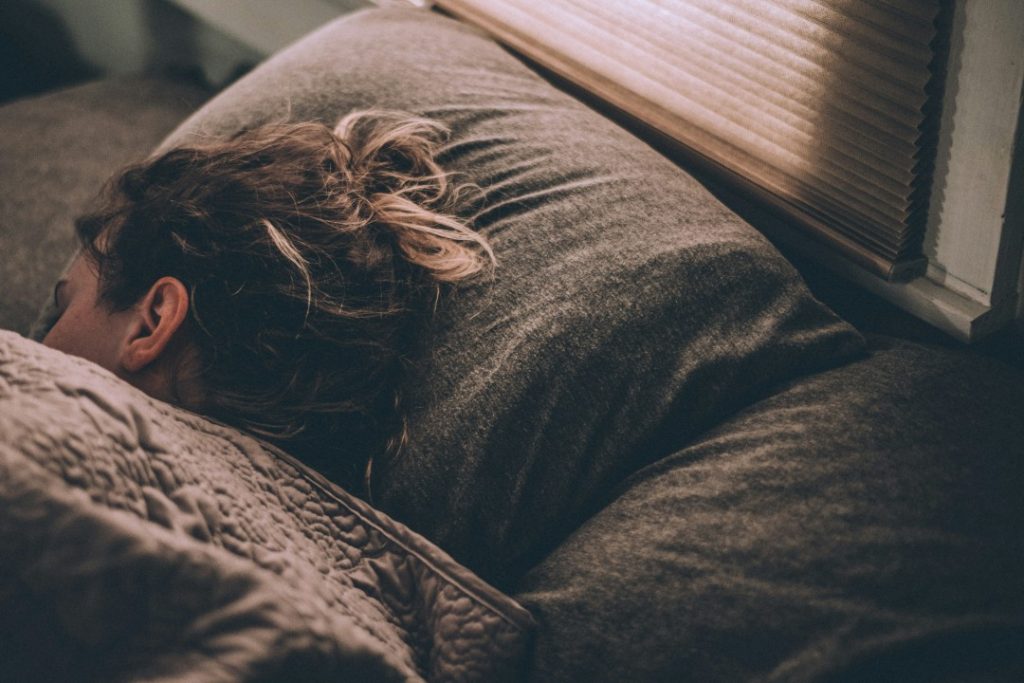
Quality sleep is the foundation of physical health, yet 35% of adults report getting less than the recommended 7 hours nightly. Sleep scientist Matthew Walker’s research reveals that losing just 1 hour of sleep for 5 consecutive nights has cognitive effects equivalent to a 0.10% blood alcohol level. These evidence-based strategies can help optimize your sleep architecture.
The Circadian Rhythm Reset
Your internal clock thrives on consistency:
- Wake at the same time daily (even weekends)
- Get 10-30 minutes of morning sunlight
- Avoid bright lights after sunset
- Dim household lights by 50% in the evening
The Temperature Advantage
Core body temperature must drop 2-3°F to initiate sleep:
- Keep bedroom temperature at 65-68°F (18-20°C)
- Take a warm bath 1-2 hours before bed (the subsequent cooldown aids sleep onset)
- Use breathable, moisture-wicking bedding
Nutrition for Better Sleep
Certain foods influence sleep quality:
- Consume tryptophan-rich foods (turkey, nuts, seeds) with carbohydrates for serotonin production
- Magnesium-rich foods (leafy greens, bananas) promote muscle relaxation
- Avoid heavy meals within 3 hours of bedtime
- Limit caffeine after 2pm (it has a 6-hour half-life)
Wind-Down Rituals
Create a 45-minute pre-sleep routine:
- Blue light blocking glasses if using devices
- Gentle stretching or yoga nidra
- Reading physical books (not backlit devices)
- Journaling to clear mental clutter
A 2022 clinical trial published in Sleep Medicine found participants who implemented these strategies fell asleep 37% faster and increased deep sleep by 29%. Quality sleep enhances immune function, emotional regulation, and cellular repair – making it the ultimate health optimization tool.



